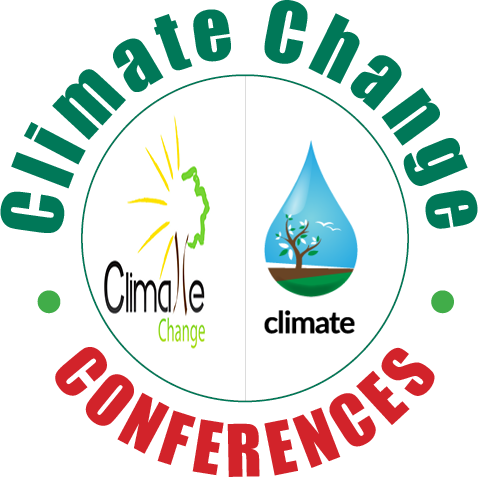Sara E Alexander
Baylor University, USA
Title: The political ecology of ‘climate change’ in Texas: A steep learning curve for West Texas wheat farmers
Biography
Biography: Sara E Alexander
Abstract
We live in a world of climate uncertainty where farmers pursue a variety of means to diminish vulnerability, utilizing strategies to respond to and mitigate against the effects of climate change. Specific responses include seeking new knowledge and training, using particular agricultural technologies, relying on institutional resources, and turning to both personal and professional social networks. The traditional model of agriculture as “performance”, ultimately affirms that risks, such as challenges associated with climate change, are entrenched within a structure of social, economic and biophysical mechanisms that are continuously being managed by farmers. Agricultural systems are correspondingly found in a setting of commonly-shared worldviews, social complexities, values, and cultural norms. In this landscape, the decisions farmers reach, entail meaning and direction that may be far more complex than an analysis focused solely on the more pragmatic economic principles and agricultural productivity standards. Rather, they comprise the farmer’s intuitive reasoning and socialization in addition to his/her technical and resource management skills. The author will present findings from an ethnographic pilot study aimed to illuminate farmers’ perspectives on changing weather patterns, climate change forecasts and their implications for viability of farming enterprises, all within the context of Texas wheat production. With focus on livelihoods and cultural values, risk management, and weather and climate change in terms of decision-making and wheat farming in west Texas, the study emphasizes what motivates farmers and how they themselves value those factors that contribute to their goals and aspirations, how farmers see themselves addressing climate risk in the context of a wide array of pressures, and how farmers respond to the communication of predictive information in light of their sense of place and self.
Recent Publications
-
Yohannes H (2016) A review on the relationship between climate change and agriculture. Journal of Earth Science and Climatic Change 7(2):335–342.
-
Brugger Julie and Michael Crimmins (2013) The art of adaptation: living with climate change in the rural American Southwest. Global Environmental Change 23:1830–1840.
-
Gosling Simon N and Nigel W Arnell (2013) A global assessment of the impact of climate change on water scarcity. Climatic Change 134(3):371–385.
-
Buys Laurie, E Miller and K van Megen (2012) Conceptualizing climate change in rural Australia: community perceptions, attitudes and (in) actions. Regional Environmental Change 12:237–248.
-
Scherr Sara J, Seth Shames and Rachel Friedman (2012) From climate-smart agriculture to climate-smart landscapes. Agriculture and Food Security 1:12–26.

